Family Matters: A Celebration of Queer Arab Kinship
Within these stories shine moments of hope and audacious resistance. With profound beauty in surprise friendships, patient lovers, and time's gentle healing. This anthology weaves individual testimonies into a sweeping portrait of queer Arab existence across continents.
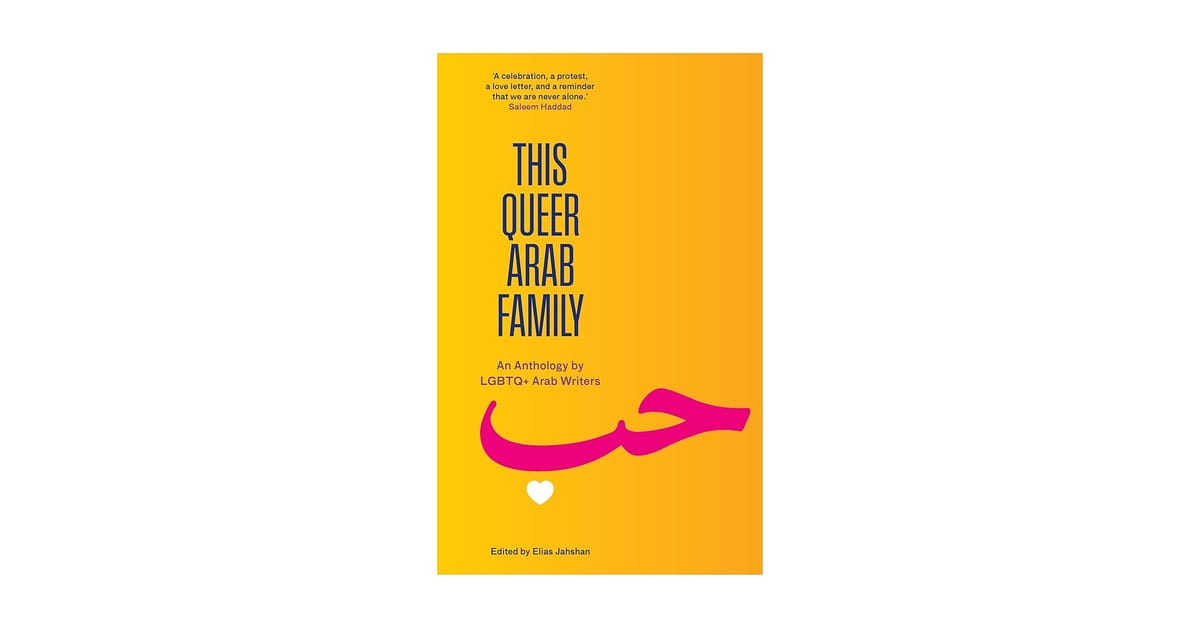
If you're not already familiar with Elias Jahshan's work, consider this your introduction to a vital editor. Jahshan—who previously assembled 18 writers for This Arab is Queer: An Anthology by LGBTQ+ Arab Writers, a compelling hybrid of intimate memoir and near-academic exploration of coming out, faith, politics, and queer Arab lived experience. He returns with This Queer Arab Family, and it's exceptional.
Jahshans' attention to detail coupled with a sharp, knowing eye creates the perfect editorial balance—he knows which voices need amplifying and how to let them resonate, he is an essential cultural curator.
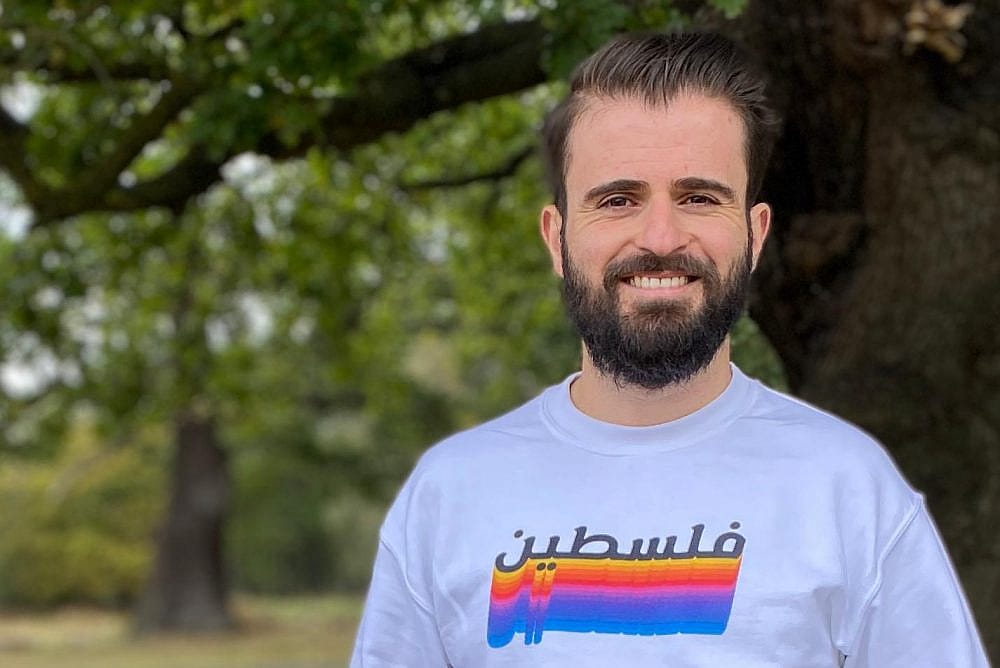
This collection brings together ten LGBTQ+ writers from across the Arab world and its diaspora, each reimagining what family means when traditional expectations clash with queer realities. The result is a powerful exploration of chosen family and the daily rituals of care and survival that bind queer Arabs to one another. From co-parenting with mum and mum to launching an OnlyFans career, from constructing a non-binary belly dancing robot to finding unexpected sanctuaries of joy—these writers illuminate how community and celebration emerge in the most surprising corners of queer life.
Among the standout pieces, Saleem Haddad's 'Return to Beirut' offers a moving meditation on homecoming and displacement, chronicling his journey back to the city of his birth after building a gay life in Lisbon—a poignant exploration of what it means to belong to places that may not fully embrace all of who you are. Raja Farah's 'The Bad Son' delivers an emotionally complex portrait of Layth, a gay man in his forties shouldering the burden of caring for a deteriorating and hostile father. During yet another hospital visit, an unexpected encounter with Mazen, a past connection, reopens wounds and possibilities Layth thought he'd buried. It's devastating and exquisite in equal measure.
Abu Leila’s contribution adds a layer of tender, deep reflection in 'My mother's pronouns', and the broader themes of family, displacement, loving, being honest, and acceptance as older women, mothers, aunties, daughters and siblings. Through these reflections, the prose illustrates how these matriarchs learn, accept, and allow unconditional love to replace their lack of understanding. Leila's prose is superb, winding its way through war, displacement, longing, and family, both found and of blood but ending up where it started, at home.
Jahshan orchestrates a symphony of perspectives that echo across geography and experience, bound together by strength and vulnerability. It's simultaneously a celebration, an act of resistance, a declaration of devotion, and an assurance that isolation is an illusion. This is trailblazing work from a contemporary queer luminary—a beacon for liberation and a defiant response to any force attempting to diminish our love.
Yes, there's pain here. The trauma experienced by queer Arabs is visceral and undeniable, caught between external pressures—family, society, expectation—and the truth of their own hearts. What strikes me most is the anthology's unflinching examination of visibility itself. To be seen and heard requires extraordinary courage—it can be transformative, but it's also treacherous. These writers grapple with essential questions: At what cost do we demand recognition? Which fragments of ourselves must we sacrifice? Where is safety guaranteed?
Amna Ali's piece, 'My Intersectionality Was My Biggest Bully,' crystallizes this tension beautifully. For these writers, visibility isn't a lifestyle choice—it's a necessity for living authentically. But that necessity comes with real risks. This is the particular power of queer Arab narratives: they expose how visibility operates as both lifeline and liability.
I had the good fortune to see a few of the authors discussing the book, their contributions and the themes binding this anthology together at the superb Coast is Queer festival in October.
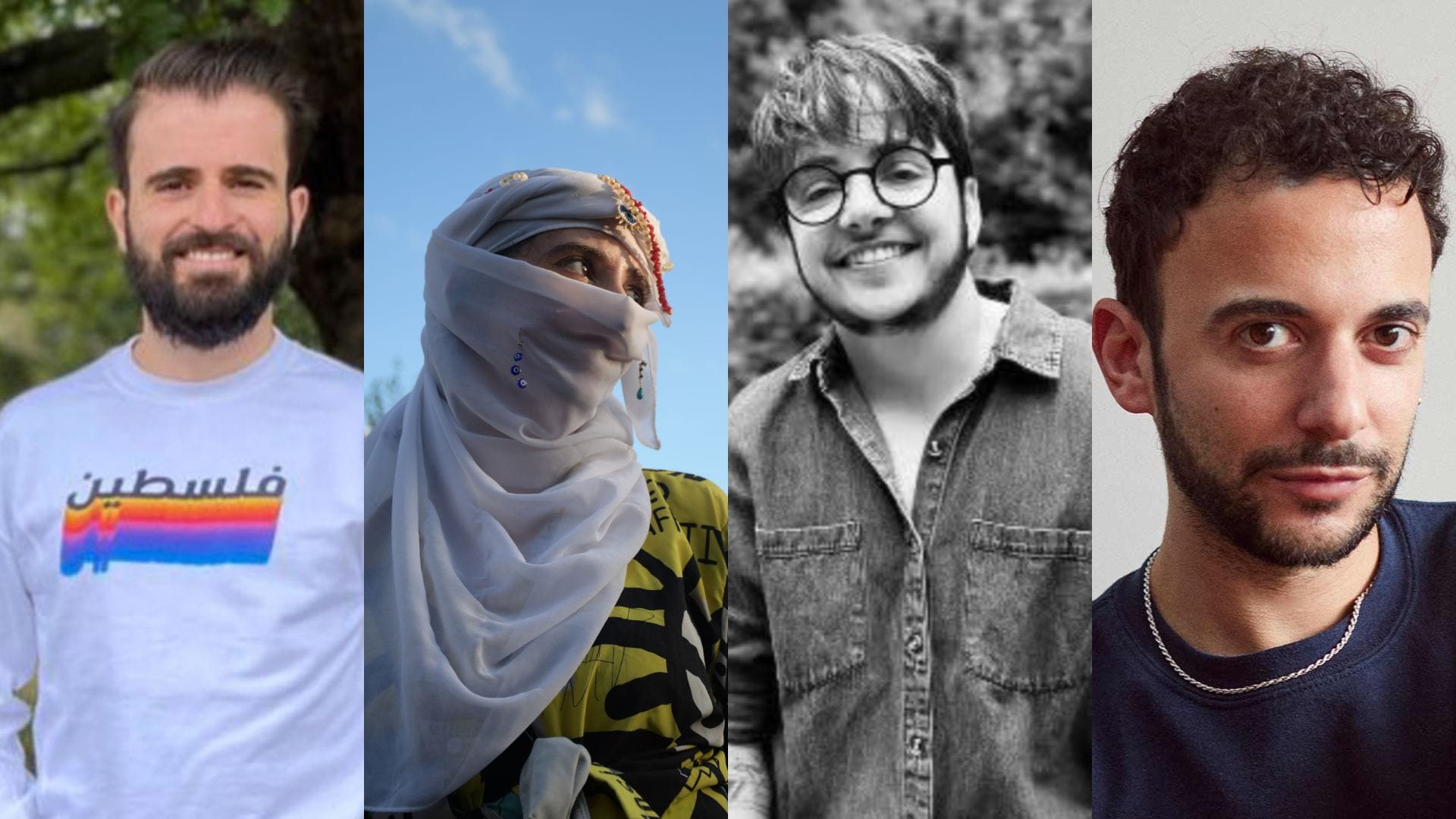
Yet within these stories shine moments of hope and audacious resistance. There's profound beauty in the details: surprise friendships, patient lovers, and time's gentle healing. This anthology weaves individual testimonies into a sweeping portrait of queer Arab existence across continents.
This Queer Arab Family is out now £14.99 , for more info or to order see the publishers website here.
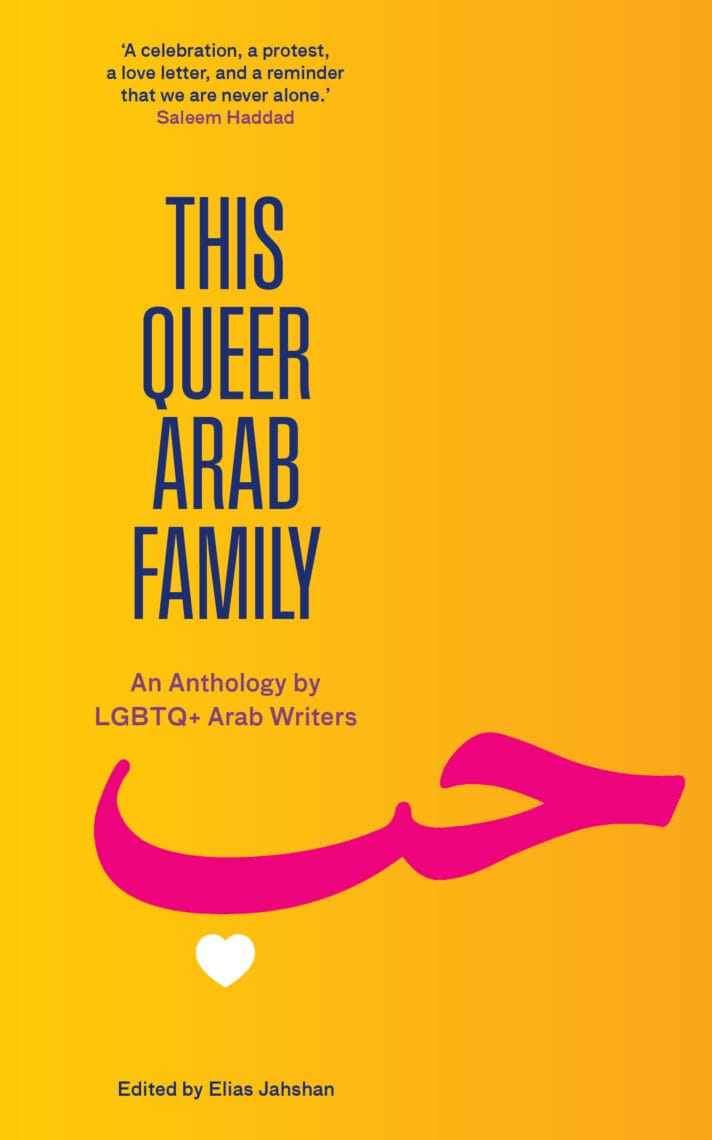


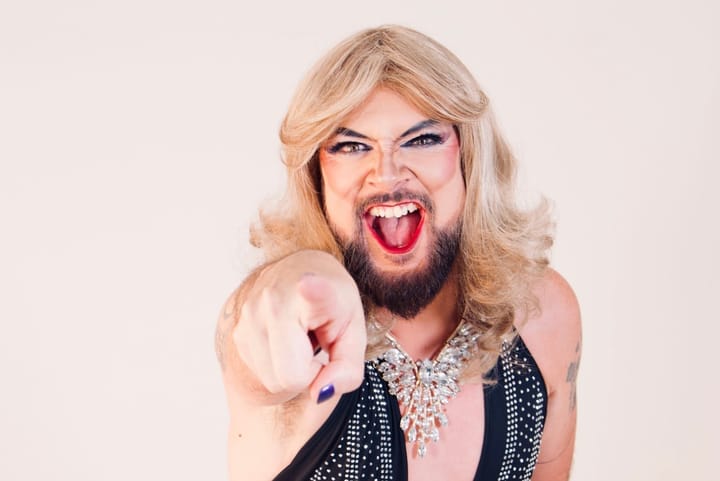
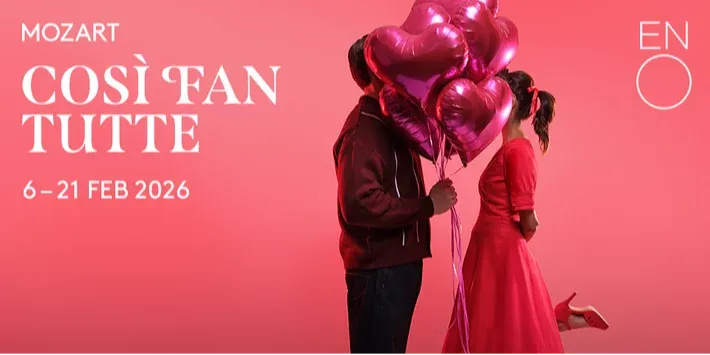
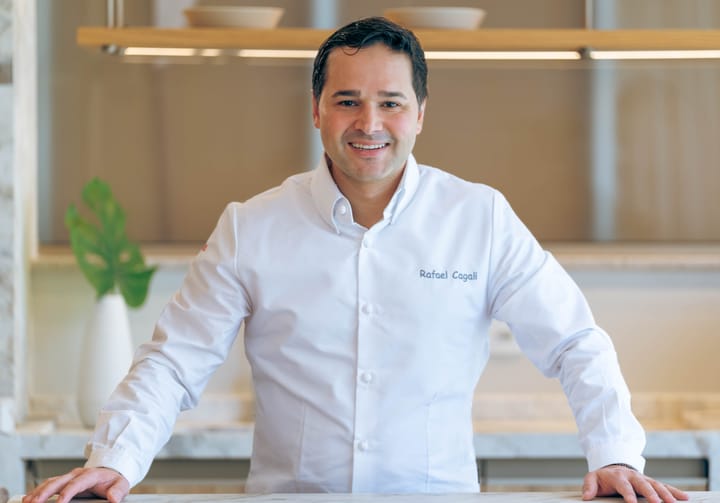
Comments ()